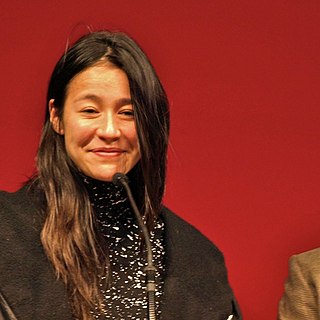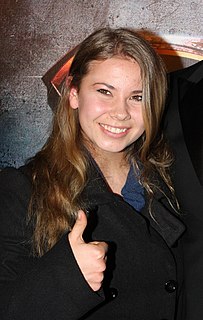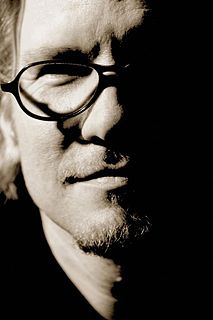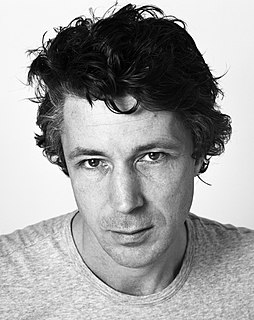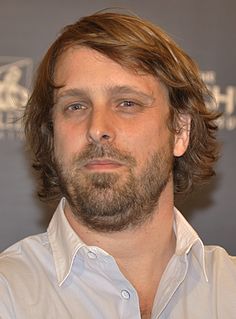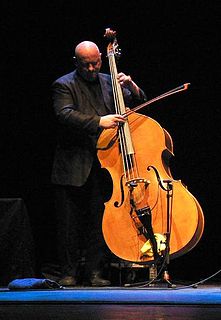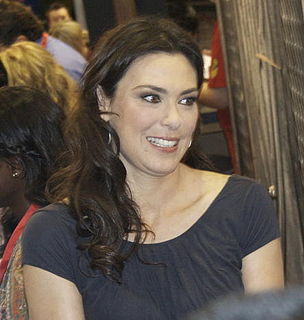A Quote by Shankar Mahadevan
In any musician's career, a film like 'Manikarnika' becomes a landmark dream project, which is challenging and musically enriching at the same time.
Related Quotes
A good portion of my work with Tangerine Dream at the time involved film music, and I remember approaching it as any 23-year-old would - without much fear or respect. Also, Tangerine Dream was typically asked to deliver a monochromatic kind of score, the electronic-analog trademark sound that TD had become famous for following landmark films such as Sorcerer [Universal, 1977], Thief [MGM, 1981], and Risky Business [Warner Brothers, 1983].
What's funny about the slacker thing, people project an image of what they think a musician is: young, slack, unemployed - like a really romantic idea of a poet, writer or musician - which isn't really true a lot of the time. I don't reckon you would know anything about me if I wasn't moderately hard-working.
I've made a point of trying not to play the same part and of moving between theatre and film and TV. The idea is that by the time you come back, you have been away for a year, and people have forgotten you. If you like having time off, which I do, that's a good career strategy. Or at least, it's my strategy to keep my head together.
It's interesting to me because theater is, on any given day, 10,000 times harder than film and television. And that's not to say film or television can't be hard or challenging; it's emotional to do the same thing over and over and over. But in terms of stamina, there is nothing like an eight-show week to separate the men from the boys.


